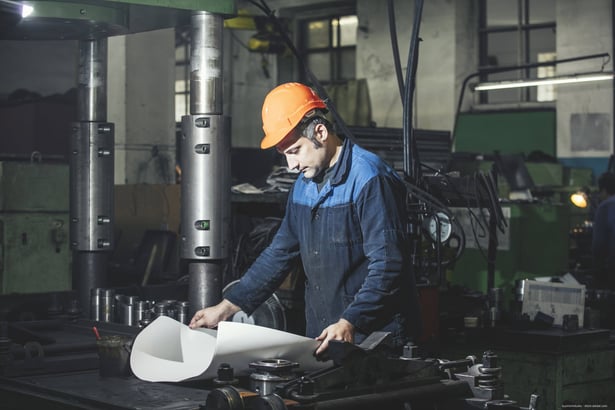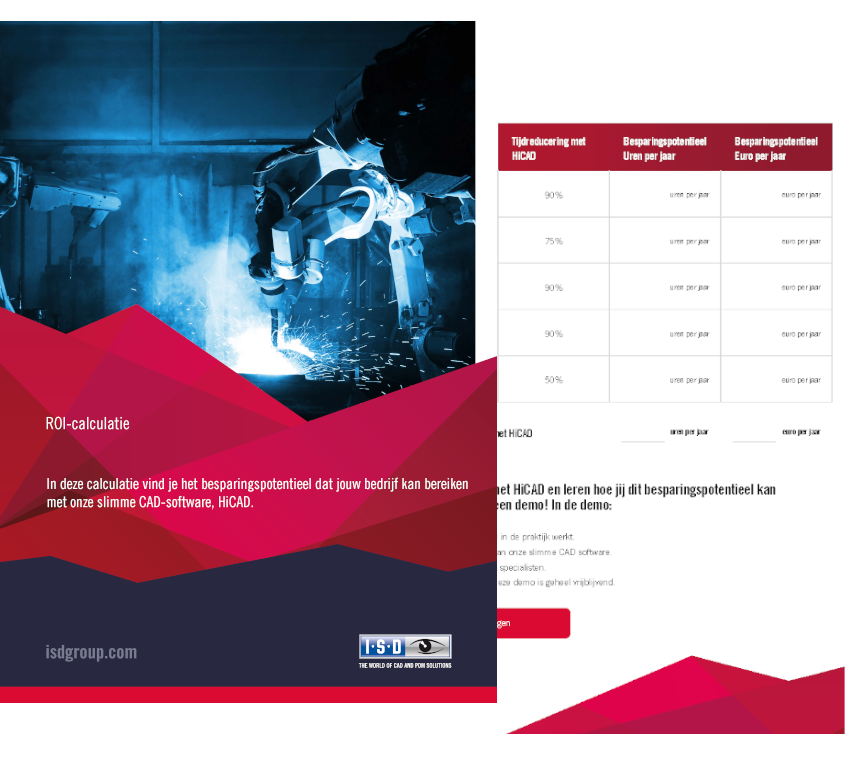
As a metal worker, you make many parts to measure at the request of the customer. That customer, in turn, is eager for that specific part, so that they can assemble the end product and deliver it to their customers. In short, time is money. But what are five smart tips to speed up the delivery process in the metalworking industry? We discuss will them in this blog article.
What we often see is that metal workers first invest in a new machine park to be able to produce more efficiently. However, in practice, they soon run into the limitations of their current software: files that cannot be read or software that cannot be linked. It is important to check in the process beforehand whether the current software meets the specifications of the new machine. Often, investing in both machines and software is the key to setting up a more efficient delivery process.
You often receive all kinds of files from the customer. Usually in 2D. Although many metalworkers are used to working with 2D models, it is advisable to convert these 2D drawings into 3D. Because in 3D you get a clear visualisation of the part, you can see much quicker whether it is possible to produce that part. Moreover, 3D modelling prevents extra communication with the customer about ambiguities or aspects of the component that are not visible in the 2D drawing.
What we mean by 'smart' sheet metal work is that much more data is integrated into your digital drawing of an object. With certain CAD-software, you can very easily convert a 'dumb' solid to a ready-to-use production drawing with the dimensions, required material and accurate weights. Within an hour, you can then put the sheet metal work into production. By creating 'smart' sheet metal, you can actually deliver faster.
In the metalworking industry, more and more manual work is being replaced by fully automated processes. For example, by robots. Robots learn quickly, are accurate and can be used 24/7. Also for customised production. Make sure that your organisation is ready for this: train your staff, be aware of new security risks (cybercrime) and examine whether robotisation fits in with your business strategy.
The purchase of new machines and software and the automation of certain processes, also requires a different commitment from your staff. That is why education and training is very important, because if the staff cannot keep up, your investments will be worthless. Perhaps your employees will even be given a completely different role in the company. In the end, employees remain one of your most important assets within your company.
We hope the above tips will inspire you and ultimately enable you to serve your customers faster. Want to know more about how you can make your delivery process more efficient? Then read our white paper '5 essential tips for increasing productivity in the metalworking industry'.




